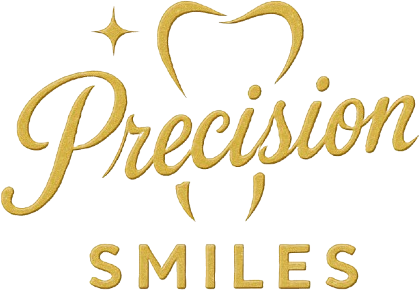
Can Braces Help TMJ?
The temporomandibular joints, also known as
TMJ, connect your lower jawbone to the temporal bones of the skull. The muscles that control the bones are attached to the mandible and allow the jaw to move.
TMJ disorders are the problems that affect the joints and muscles. Some symptoms are jaw pain, difficulty chewing and locking of the joint which makes it difficult to open and close the mouth. There are multiple treatment options for
TMJ disorders that can help you.
How braces can help
TMJ disorders can cause pain and discomfort. Some symptoms can be due to a misaligned jaw or tooth grinding. Braces can help to correct problems such as malocclusion and to deal with bruxism. If the symptoms persist, a person should seek medical advice.
Malocclusion
Some people with TMJ disorders have a feeling of malocclusion. This means that the teeth are not aligned. The teeth should fit properly within the mouth without any spacing or crowding issues. None of the teeth should also be twisted or rotated.
The alignment of the teeth affects their ability to perform vital functions such as chewing and biting. Misalignment can cause someone to make unnatural movements when biting. This can be stressful and an inconvenience. In the early stages, individuals usually end up trying to find the right alignment by repeatedly opening and closing the mouth. Due to this overuse, muscles swell. Over time, this can lead to discomfort and other serious complications.
Malocclusion of the teeth can affect the TMJ. A dentist can recommend the use of braces to help adjust the position of the teeth and to correct the problem. The treatment will help the teeth to meet correctly. The joint will no longer be under any strain, which will relieve TMJ symptoms.
Tooth grinding
Bruxism is a condition in which a person grinds or clenches the teeth. It can be an indicator that there is something wrong with tooth alignment and bite. Some people who have jaw pain usually clench or grind their teeth, which is why it is considered as a probable cause of TMJ disorders. But there are also many people who grind or clench their teeth habitually but never develop TMJ disorders. Although bruxism as a cause of TMJ problems is not well-proven, treating it is wise. Braces can help with bruxism by straightening teeth and aligning the bite correctly.
Other TMJ treatment options
The stabilization splint or bite guard can provide relief. The appliance is placed over the upper or lower teeth and it prevents contact. It should be used for a short time. If it causes pain a person should stop using it. Pain medications can also provide short-term relief from discomfort.
Contact your dentist
Braces can help to ease the symptoms of TMJ by correcting a misaligned jaw and helping with bruxism. But before you use them it is advisable to consult with your dentist early. Your dentist should help you understand the varied treatment options that can help. You may then decide what works for you.
Request an appointment here: https://precisionsmiles.net or call Precision Smiles. at (201) 204-1355 for an appointment in our Hackensack office.
Check out what others are saying about our services on Yelp: Read our Yelp reviews.
Related Posts
Invisalign® can help you reach your smile goals. This teeth-straightening system can also relieve other problems from misalignment. Knowing if you are a good candidate can help you prepare for your treatment. Here are the details on determining if you are a good candidate for Invisalign.Clinical studies show that age is a significant factor in…
Teeth-straightening with Invisalign® aims to improve your bite and smile. Straight teeth are more stable and easier to maintain. You can also reap many benefits in your career and social life with straighter teeth. Understanding the process can prepare you well for your first day of treatment. Here are some Invisalign FAQs to ask your…
Invisalign® is one of the most revolutionary orthodontic treatments available. This option serves as a clear, discreet way to correct dental misalignments. Invisalign aligners are customized to fit the teeth and are a lot less intrusive compared to conventional braces. The subtlety and convenience of Invisalign have made it a popular choice, particularly for adults…
If you find yourself with TMJ, you need to head to a TMJ dentist immediately. TMJ, or temporomandibular joint dysfunction, is a serious condition of the jaw that can cause everything from pain and irritation to complete inability to move the jaw. This condition can grow more serious by the day, so if you are…

